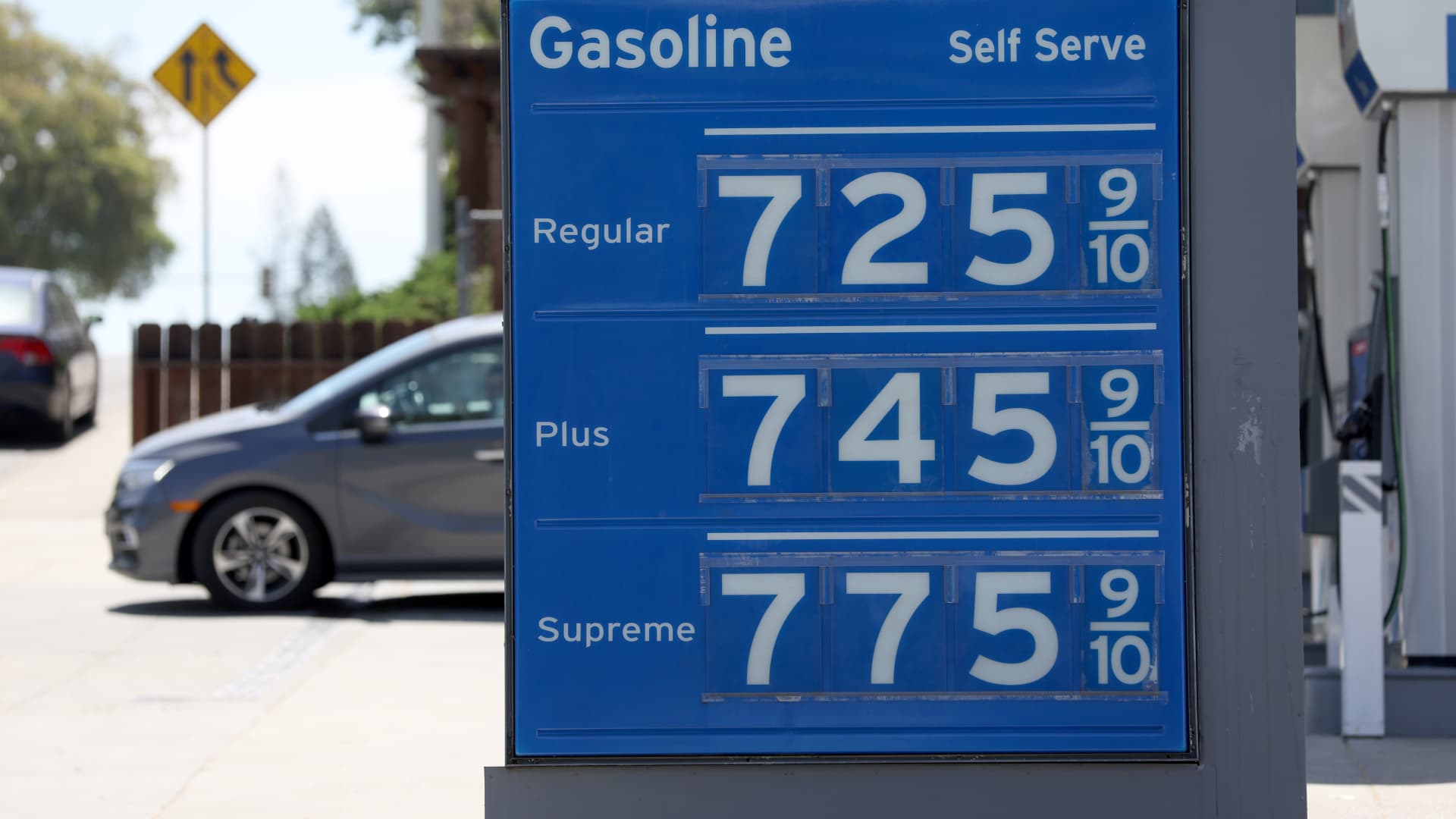Energy
Friday, December 15th, 2023 5:13 pm EDT
Key Points
- Diplomatic Agreement to Avoid Conflict: Venezuela and Guyana have come to a diplomatic agreement to refrain from using force or threats in their longstanding dispute over the oil-rich territory of Essequibo. This agreement was reached in a tense meeting in St. Vincent and the Grenadines, where the presidents of both countries, Nicolas Maduro of Venezuela and Mohamed Irfaan Ali of Guyana, reaffirmed their commitment to “good neighborliness” and “peaceful coexistence.”
- Establishment of a Joint Commission: In addition to the commitment to peaceful relations, the two countries declared that they would not threaten or use force against each other under any circumstances, including those related to existing controversies over Essequibo. Maduro and Ali agreed to establish a joint commission of foreign ministers and officials specifically to address matters related to the disputed region, which covers a vast 61,600 square miles, encompassing most of Guyana.
- Plans for Future Meetings and Resolution: Both nations announced plans to meet again in Brazil within the next three months to continue discussions and work towards resolving any outstanding issues. Maduro expressed satisfaction with the face-to-face meeting and thanked President Ali for his openness and willingness to engage in broad dialogue. The leaders emphasized the importance of dialogue and understanding, guided by Bolivarian Peace Diplomacy, to address the historical controversy surrounding Essequibo.
Venezuela and Guyana have reached an agreement to refrain from using force or threats in their ongoing dispute over the oil-rich territory of Essequibo. This territory gained global attention after Venezuela renewed its claim to the land following the discovery of oil off its coast in 2015. In a tense meeting held in St. Vincent and the Grenadines, Presidents Nicolas Maduro of Venezuela and Mohamed Irfaan Ali of Guyana affirmed their commitment to “good neighborliness” and “peaceful coexistence.”
The key points of the agreement include a commitment by both countries not to threaten or use force against each other under any circumstances, even in the context of existing controversies over Essequibo. Maduro and Ali also agreed to establish a joint commission of foreign ministers and officials to address any matters related to the disputed region, which spans 61,600 square miles and covers most of Guyana. The leaders plan to reconvene in Brazil within the next three months to address any remaining issues.
Maduro expressed satisfaction with the face-to-face meeting, thanking Guyana’s President Ali for his openness to engage in broad dialogue. He emphasized the importance of raising historical issues and seeking dialogue and understanding through Bolivarian Peace Diplomacy to resolve the longstanding controversy.
The Essequibo dispute has roots stretching back over a century, but tensions escalated after Venezuela claimed sovereignty over the region following a disputed referendum. Venezuelans approved the referendum on December 4, leading to increased tensions with Guyana. In 1899, an international arbitral tribunal awarded the territory of Essequibo to Britain when Guyana was under colonial rule. Venezuela has consistently disputed this decision, with Maduro accusing Guyana, the U.S., and oil firms of robbing Venezuela of its territory through “legal colonialism.”
Guyana contends that the 1899 accord is legal and binding and sought the intervention of the International Court of Justice (ICJ) in 2018. On December 1, the ICJ ordered Venezuela to refrain from making any moves that would change Guyana’s control over Essequibo. The agreement between Venezuela and Guyana represents a diplomatic effort to ease tensions and find a peaceful resolution to the longstanding territorial dispute.
For the full original article on CNBC, please click here: https://www.cnbc.com/2023/12/15/oil-venezuela-and-guyana-pledge-not-to-use-force-in-territory-dispute.html




